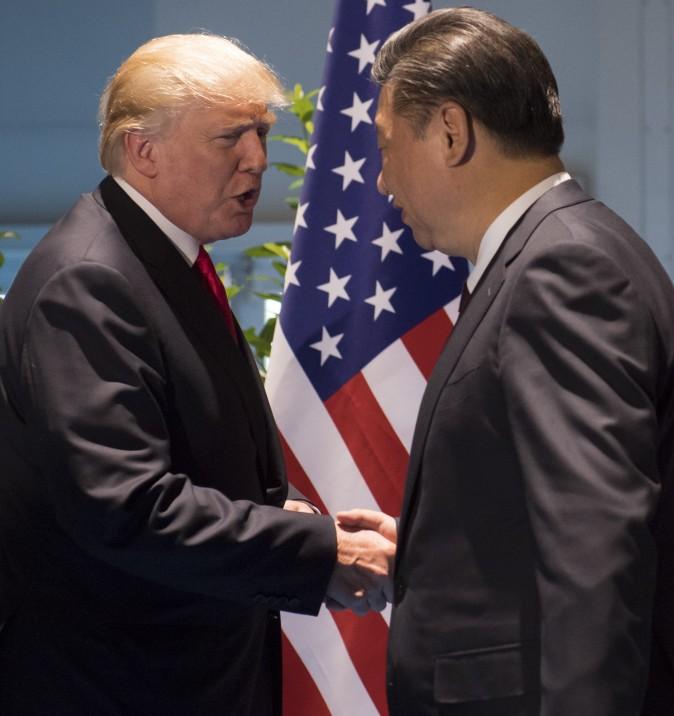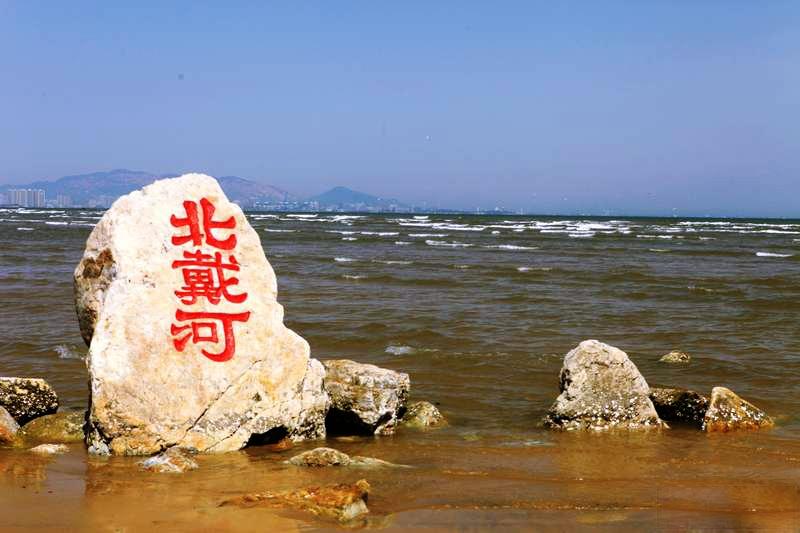The PLA Daily, the official newspaper of China’s People’s Liberation Army, has sounded a warning to the opponents of Chinese Communist Party chief Hu Jintao that he is in control.
On March 27, the second day of a week-long three-nation trip by Hu Jintao, PLA Daily published an article titled “The Military is Ready for the Party’s Command When the Situation in the Country and Within the Party Changes.”
Latest News: Crackdown Hits China’s Internet
Get the RSS feed. Get the Timeline of Events. Who are the Major Players?
The changing situation refers to Hu’s attempt to consolidate the power of coercion in China under his control. The faction of former Party head Jiang Zemin has utilized the Political and Legislative Affairs Committee (PLAC) as their base to grasp armed power, in particular through the 1.5 million strong Armed Police, and establish a second power center.
Zhou Yongkang as head of PLAC oversaw a vast expansion of its powers. Zhou’s plan of having former Chongqing Party head Bo Xilai succeed him both as head of the PLAC and also take Zhou’s seat on the Politburo Standing Committee would have assured that this second power center would continue to be held by Jiang’s faction, posing a life-threatening danger to Hu and Premier Wen Jiabao.
Click this tag or www.ept.ms/ccp-crisis to read about the most recent developments in the ongoing power struggle within the Chinese communist regime. Intra-CCP politics are a challenge to make sense of, even for veteran China watchers. Here we attempt to provide readers with the necessary context to understand the situation. Get the RSS feed. Get the Timeline of Events. Who are the Major Players? ![]()
When the presumptive next head of the CCP Xi Jinping visited the United States in mid February, the American government leaked information of Zhou and Bo’s attempt to put him out of the game through a coup. This pushed Xi to finally stand together with Hu and Wen and, as a result, Xi played an important role in getting rid of Bo Xilai, who was fired on March 15 and is believed to be under house arrest.
Hu, Wen, and Xi should know Zhou better. They should know that Zhou’s sly and cruel character could push him to strike out hard when he realizes that his political power is coming to an end.
The article published on PLA Daily called the army the “armed group that implements the Party’s political duties.” The “political duty” referred to in the article will require aiding in getting rid of Zhou Yongkang and the rest of Jiang’s faction.
Many signs indicate that, to a certain extent, Hu and Wen already have control over Zhou Yongkang. Before his week long visit outside China, Hu unexpectedly called the first batch of PLAC heads at each level of the regime’s power structure to Beijing to attend a “training session.” The meeting began the day that Hu left China.
This meeting is actually a form of house arrest. In order to create an impression of stability, Hu allowed Zhou to show up at the training and give a talk.
However, even if Hu and Wen have Zhou and the PLAC under some degree of control, there is a network of interest groups and connections of influence formed through the many years Zhou has controlled PLAC. When those who are loyal to Zhou face being purged, they will strike back.
But if they do so, they will face a Chairman Hu who has gained firm control over the military. When news that Jiang Zemin was in a vegetative state surfaced, the head military officials who were an important part of Jiang’s faction all did a sudden about-face and declared their loyalty to Hu.
The CCP pushed itself into China by violent revolution, roaring, in Mao’s words, that “power flows from the barrel of a gun.” The military is the Party’s weapon. “The Party directs the gun” has always been the basis of its control of China, and the regime’s military has long been used as a tool to suppress Chinese people.
The army in the past performed its “political duty” by rolling out the tanks to murder the student protestors on Tiananmen Square on June 4, 1989. According to Deng Xiaoping’s words in 1989, “political duty” may require “killing 200,000 people to get 20 years of stability.”
Control of the military is the decisive piece on the chessboard of internal power struggles. The player who has military power controls the final step of the game. This is why Mao Zedong was able to launch political movements and eliminate at will those who held opposite opinions, with no concern over losing his control of the game.
Lin Biao, at the time Mao’s designated successor during the Cultural Revolution, died because he did not command the military. Lin had to get Mao’s signature even to use one company of soldiers. Another example is former party chief Zhao Ziyang, who was knocked off the chessboard in June 1989 for trying to reconcile with the student protesters instead of initiating a violent crackdown. Zhao did not have control over the military.
The PLA Daily article said, “We should ensure that all troops are determined to listen only to the central committee of the Communist Party, the Central Military Commission, and Chairman Hu.” Obviously, the military is emphasizing that it listens only to Chairman Hu Jintao.
The article is both a fanfare heralding the next purges to come and a warning to the remaining members of Jiang’s faction: the only way to survive is to break away and redeem yourself now.
Xia Xiaoqiang is an expert on Chinese politics and writes a regular column for The Epoch Times’ Chinese-language edition.
Read the original Chinese article.



